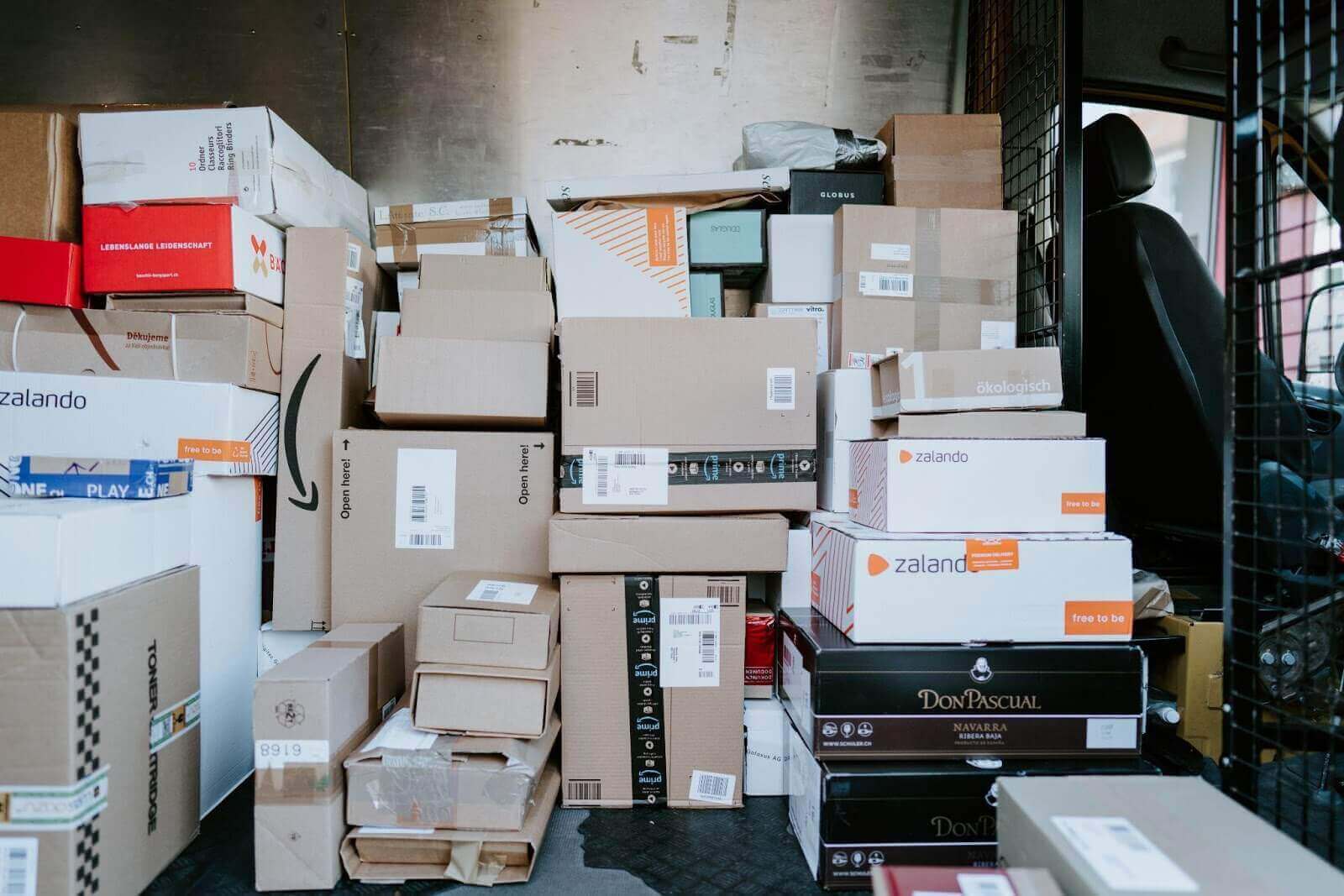Starting a new business is exciting, but it also comes with a lot of risks if you don’t know what you’re doing. Before you start a business, it’s important to do your research instead of diving in headfirst. If you’re considering starting a new business, here are seven things you should know.
Table of Contents
1. Writing a business plan
Business plans are the foundation of good businesses, so make sure you’re familiar with them. Your business strategy is important because it helps you plan both long-term and short-term goals strategically, so your business can succeed and grow. You can find books about writing a business plan or you can get help from a professional, but don’t skip this part of the process.
2. Funding your business
In addition to creating a business plan, you also need to figure out how you’re going to fund your business. Some people can fund a business on their own, while others may need to take out a business loan or get venture capital from investors. There are even government small business loans that make it easier to start a business. No matter how you fund your business, this is an essential step.
3. Choosing a location
Once you’ve got the major stuff figured out, it’s time to decide on a location. This location is important because it determines your distance from customers and suppliers, plus it can affect taxes and other important aspects of a business. In today’s world, you also have the option of running a business remotely, in which case you don’t need to rent office space.


4. Distribution testing
Making sure packages arrive safely is important for businesses, and you can achieve that through distribution testing. By simulating shipping conditions in a lab using one of your packages, distribution testing allows experts to help you figure out ways to improve your packaging. This prevents damage to packages which saves you money and increases customer satisfaction.
5. Registering your business
In order to make your business official, you’ll have to register it. This means choosing a name and business structure, which can be a bit of a complex process. Read about starting a business and choosing a business structure before you make any serious decisions. That way, you don’t end up having to restructure your business or change your name due to an issue.
6. Taxes
Filing taxes may seem like a complicated part of running a business, but all you have to do is find good help. You can work with an accountant to file your taxes or use tax software. If you’re going to opt for software, make sure you purchase the business bundle and be careful about what you’re deducting. When it comes to tax write-offs, it’s best to leave that up to a professional to avoid trouble down the line.
7. Hiring employees
Hiring productive employees is also a complex aspect of running a business. If your business requires employees, it’s important to understand what you should provide for them. For starters, you have to pay taxes for employees but not for independent contractors. Additionally, most employees are going to expect some sort of benefits package. Plus, you’ll have to carry worker’s comp insurance in case an employee gets injured on the job. These are all important factors to consider if you’re starting a business and planning on hiring employees.
If you want to be your own boss and open up financial opportunities, starting your own business is a great option that requires a lot of work. Before you start a business, make sure you have a business plan that includes all of your important goals and ideas. Good luck!

